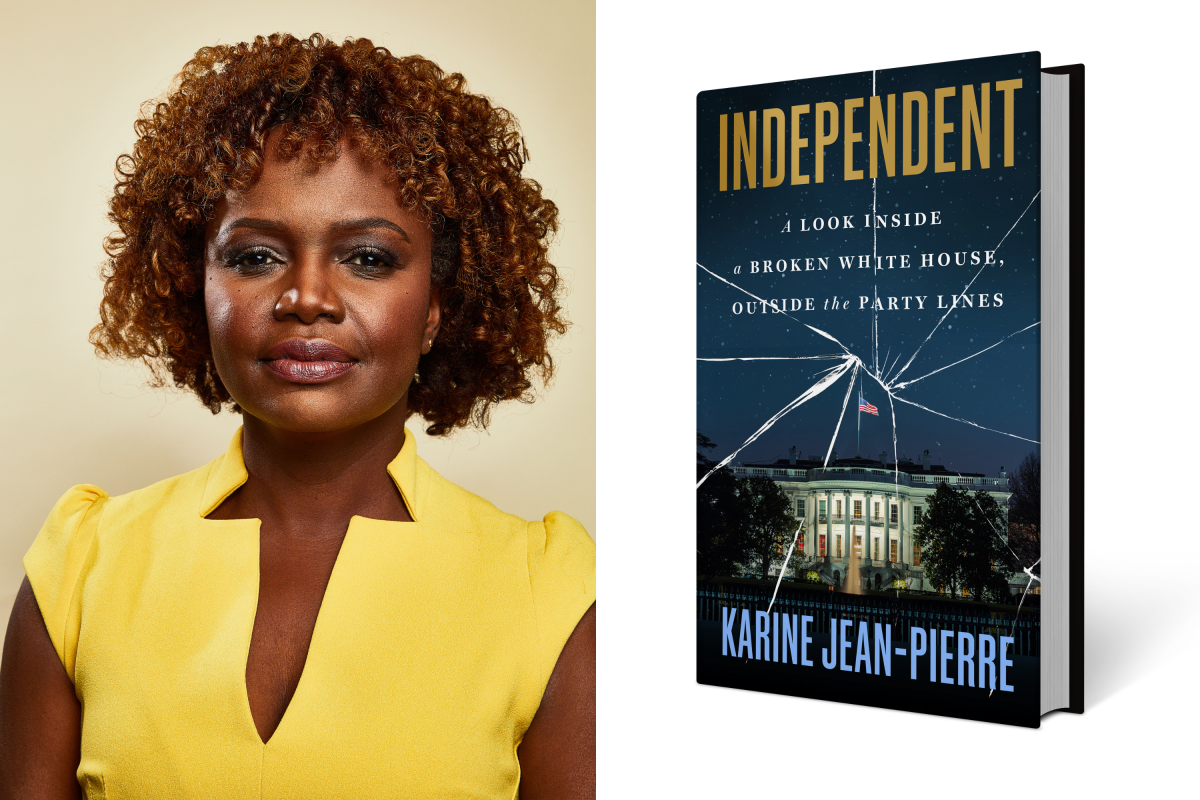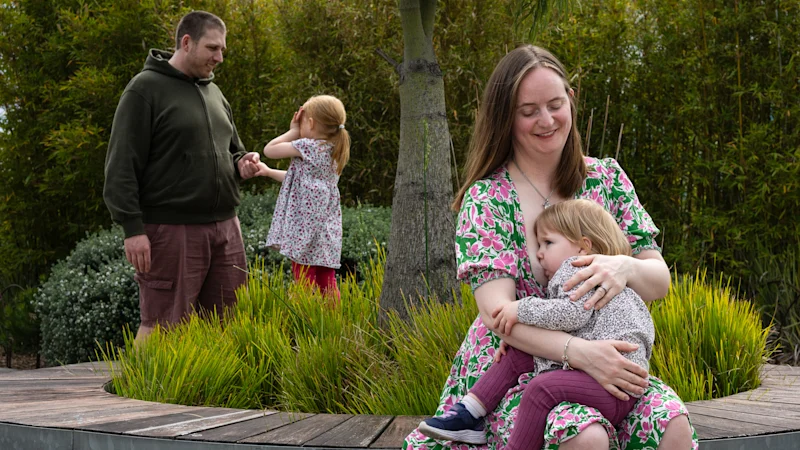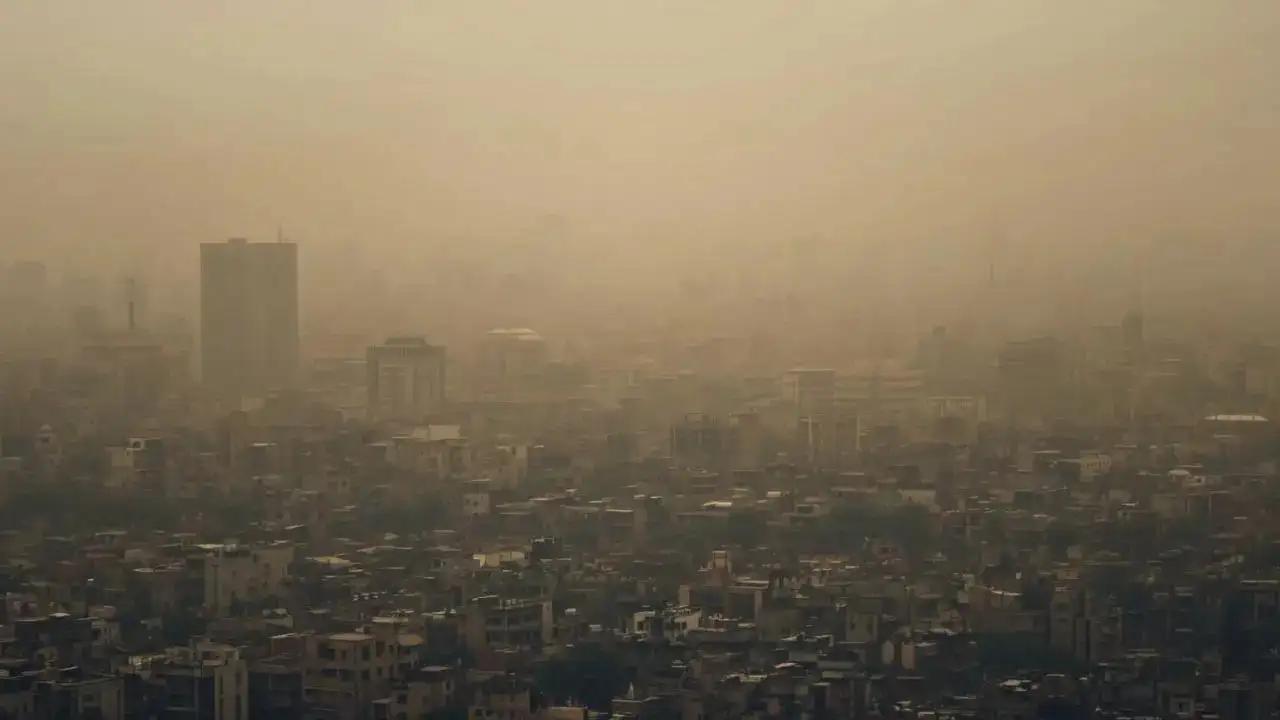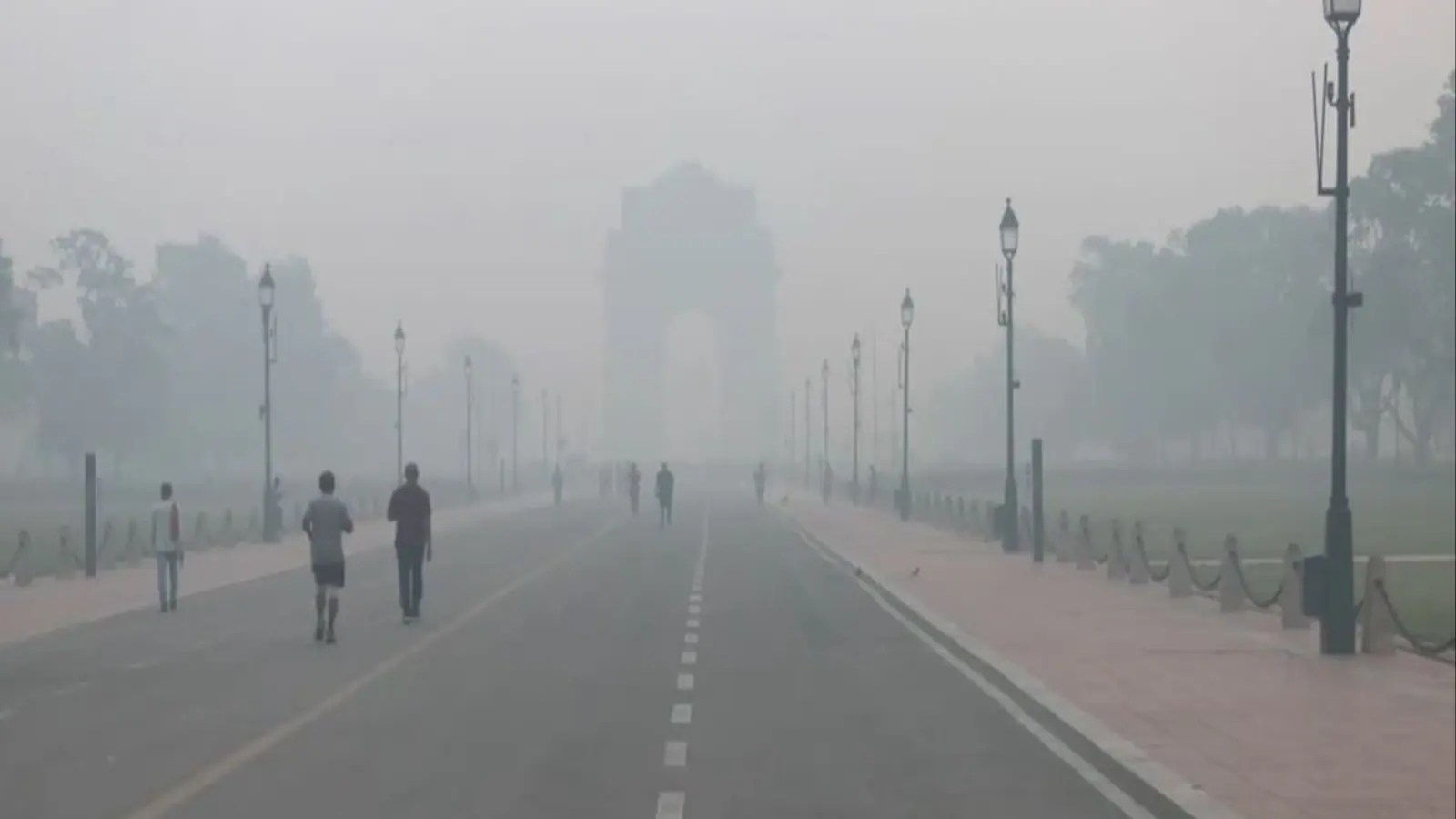Copyright Newsweek

Newsweek spoke with former White House Press Secretary Karine Jean-Pierre about her book, Independent. She served in her role from May 13, 2022 to January 20, 2025, under President Joe Biden - the first openly queer person to hold the role and the first Black woman to hold the role since 1991. The following includes the second half of the full interview and has been edited for clarity. I wanted to address what felt like your biggest criticism of the party, which is: You talk many times in the book about the Democrats being the “big tent party,” but then whenever you talk about your time working in the White House, and especially your ascendancy into the role of press secretary…you said there was a lot of racism and misogyny that's still present in the party, even though it's a “big tent party.” Do you feel that it really makes it a “big-tent party,” or do you think it's more that there's kind of a veneer there that they've kind of grown comfortable with adopting rather than living up to? A: I have spent some time in the Democratic Party. My whole entire political life—my entire adult life from the first time I voted —I have been a Democrat. I've had a D in my bio, and D in my voting experience, and I think we have to make sure that we hold our leadership into account. I really do. And I had my experience. I wrote the book because I think it was important for me to connect with so many other so many so many women, people who look like me, who've had very similar experiences. And it's always been tough in every in every environment that I've been in. I do believe that the Democratic Party is a big tent party. But we have to fight to make sure that it continues to be a big tent party, because sometimes there's a thought of excluding a certain element of the of the party or excluding voices from the party. And we can't do that. We can't. I don’t believe in excluding voices. And so I'm talking about my particular experience. But here's the thing. At the end of the day, President [Joe] Biden chose me. We did have the most diverse administration. We made history. The president made historical advances. He chose historical picks because he understood what this country where we were as a country and representing what this country looked like. Now, it's always tough. Right? Read More When you're first, it always going to be tough. That's just how it's just been historically. It's always going to be tough—but we still have to push forward, and I was honored to work in the Biden-Harris administration because they put that first. They wanted to make sure that no voices was left behind, and that's what I represented, [what] I believe. At that podium, standing behind that lectern—is everyone going to support me? Absolutely not. I talk about that in the book, as you just stated. No, I'm not going to get support from everyone in the building or everyone in the administration. That's just the fact. I think what was really important is the person who chose me, President Biden, believed in me. That's why I kept on moving forward and doing the job that I was asked to do. We're coming up to about a year on from the election, and there have been actions the Trump administration has taken to dismantle the work that Biden did, but also the Democrats—as you say in the book in detail—pushed him out in the first place. Do you believe that Biden still has a legacy, or have the actions of Republicans and Democrats really eroded that? A: I think history in the end will be kinder to Biden than the current environment is. I do believe that he passed lots of historic pieces of legislation, as I just stated. He did a lot of good. He helped a lot people. He made history with his own administration and making sure that it looked like majority of the people or looked like what the country was becoming—making sure it was diverse and voices were heard. He lived up to his campaign promises of 2020. Did we all wish the outcome of the election was different? Of course. Of course we did. Will that be part of his legacy? Of course it's going to be. But he took over a country that Donald Trump had taken a wrecking ball to and had mismanaged for four years, and he put that back on a stable and prosperous course. In the end, I do believe that history will be a lot kinder to the Biden administration and what we were able to do in four years was historic itself. Some presidents, and I said this many times myself at that podium, most presidents who had eight years were not able to accomplish what we did in four years. I believe history will be a lot more kinder than this current moment that we're in. When you look at the current Democrats, do you see anybody who stands out to you as a strong potential 2028 candidate? And when you talk about leadership, how do you assess Ken Martin so far? A: I think it's too early to really think about who is going to be the leader of the Democratic Party in 2028. There's a lot of work to be done right now. What I think about the Democratic Party more broadly is that it needs to operate like an opposition party, not a political party. They need to get outside their own comfort zone, those tested one-liners and show voters [that] they will stand up and push back against the authoritarian that we're seeing right now, the takeover of our country. That's what people want to hear. When I talk to folks, just like I said, when I'm going about my own business and focusing on my family, focusing on my life, that's what people say. I basically put in the book what I wrote was, as I said before, what I was hearing and the heartbreak that folks were having about their party. About the Democratic Party. They really need to figure out how to, how to fight again. How to get back their soul. You know, the last thing we need is another strongly worded letter. We need to show fight, demonstrate [that] we still stand up for communities. You know, you asked me about a "big tent party." Right now, some communities don't feel like they're being protected by the Democratic leadership or party. And we, they have to show voters that they understand the urgency of this moment right now and what it requires. The future of the Democratic Party, I believe, is still to be determined. Just like the leadership is still to be determine who's going to lead the Democratic Party in 2028. I think that's still, we don't know. You know, it's like TBD. What voters want is leaders right now, and if the Democratic Party can't give it to the people, they will go elsewhere. Hence my book, Independent. The party needs to, I believe, to think differently, act differently and connect with voters in a far different way than they are doing this right now. We can't talk about 2028 until we figure out who we are, who the Democratic party is. They have to fight, find their soul again. Who are they? What are they? How are they moving forward? Some of the sentiments you mentioned about [the party] needing to earn your vote did echo in my mind...some of things that people said about the Bernie bros and what people talk about when they bring up the purity test. One of big conversation points since the election has been: Have the Democrats as voters been too beholden to this idea of a purity test of their leaders when you look at how the Republicans have operated and how they've been putting their leaders up? Do you believe that there is too much of a problem of a purity test for leadership in the Democratic party from voters? A: If you look at Black women, and they voted 92 percent for Vice President Kamala Harris, they voted, you know, they've always shown up, whether it was Hillary Clinton, [Barack] Obama twice, Joe Biden, and the way they understand it. This is why this question is very interesting to me that you're asking, because coming from th Black community as a Black woman, we understand what it means to show up in the most hardest times when we understand what it feels for our democracy to be lost. We understand when communities are under attack. So for me, and you see that in how Black women vote, we show up, even though not everybody is saying what we want to hear. We understand how detrimental it is to lose to a Donald Trump, right, to make sure that, in the long run, we have someone in the White House or someone in office that fights for us and fights for all of our communities, but also feel protected and know the system is not going to to it's going to be held up, if you will. What Black women have done is [say], OK, this person is not perfect and we're not getting all the answers. But we understand if we do not elect this particular person—and I'm not talking about any particular candidate—I'm just saying this is how we show up. We have to move forward, right? I think in 2024, it was the historical nature, obviously, because of Kamala Harris, and they were excited about that they wanted to move forward, but they understood what Project 2025 was and what it meant and how dangerous it would be for that agenda to be unleashed on all of us—and look now. Look what's happening: More than 40 percent of Project 2025 and what eight, nine months has already been executed and it's hurting everyone. It's hurting most vulnerable communities, and so there is something to showing up even in the most dangerous times and at the same time, making sure we hold our leadership accountable, because it is important to be a "big tent party" as it relates to the Democratic Party. I talk about the Republican Party, too, in the book, and what they have become is quite—it's scary. It's scary we're in a different moment right now. We're very much in a different moment in things that Republican leadership would have stood for folks who have been Republicans for some time. They're not the rule of law, they're not standing up for that. Our relationships are really critical—our relationships with our partners and our alliances that we have across the globe. They're not holding up to that, and so we are in a moment where the system is indeed broken. This two party system is not working, and we have to figure out how we fix this, because what we're seeing right now is an authoritarian regime.



